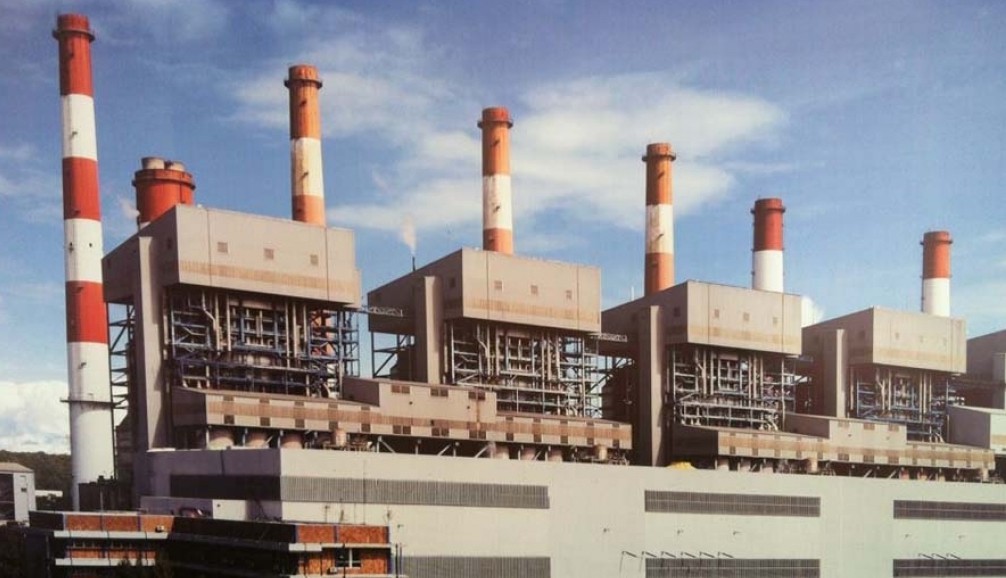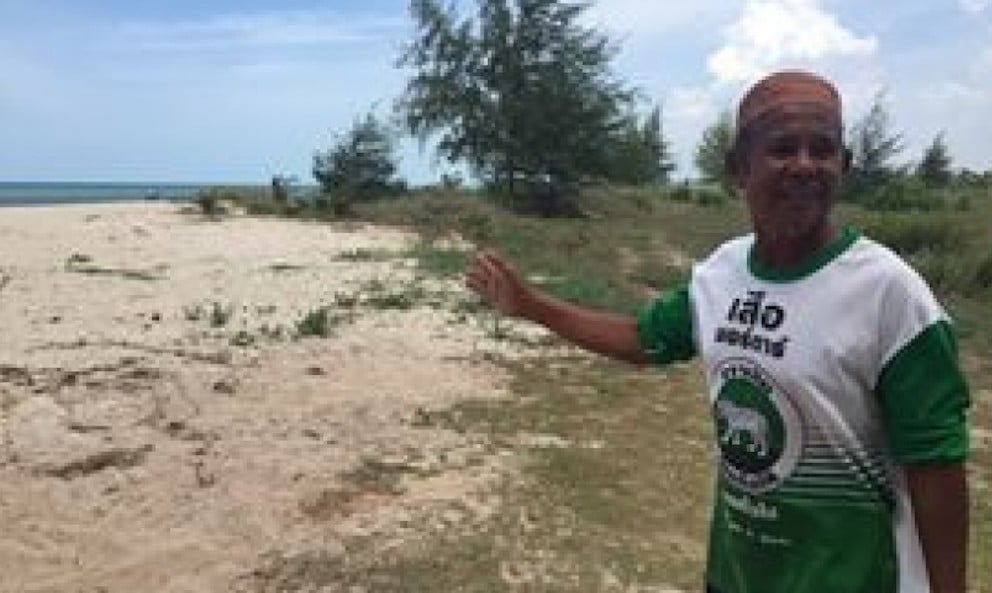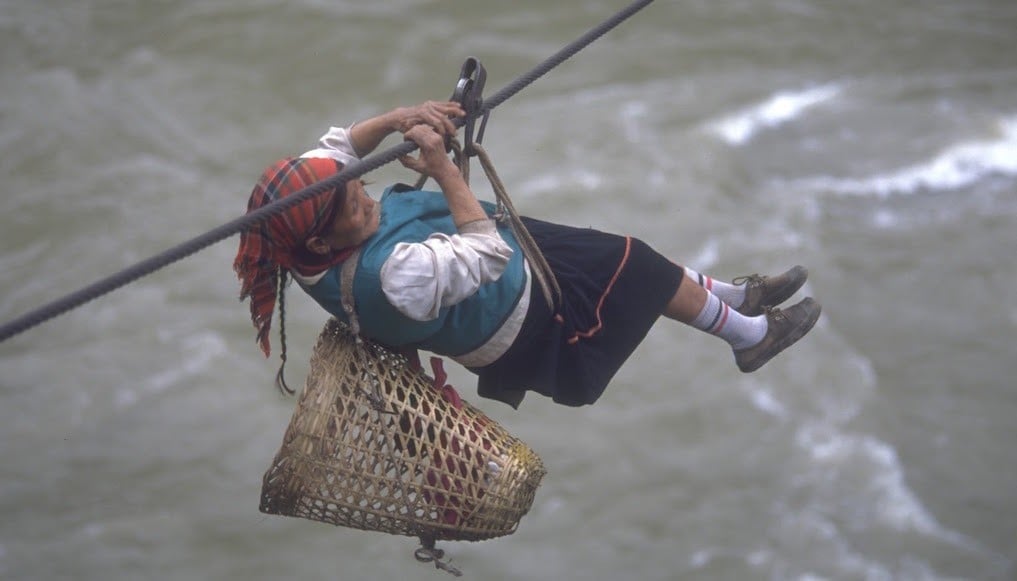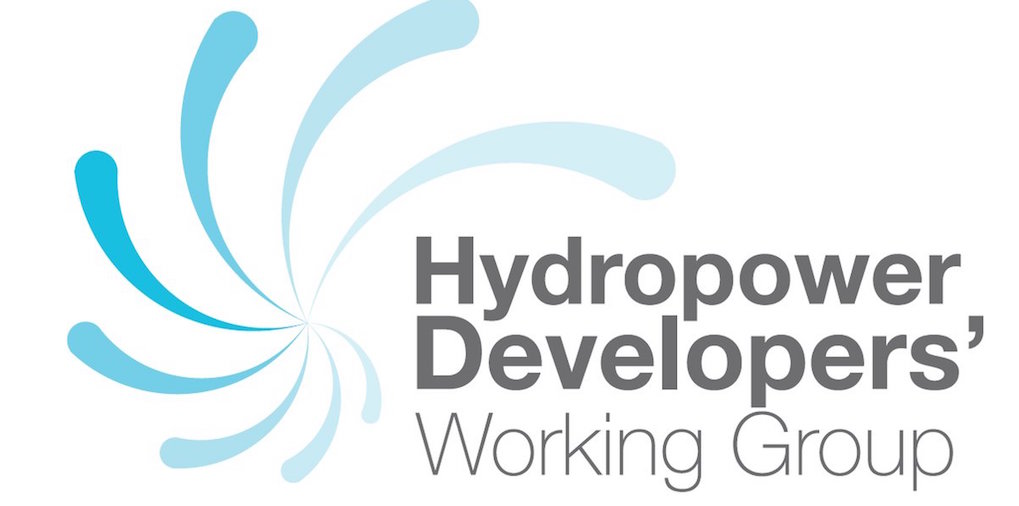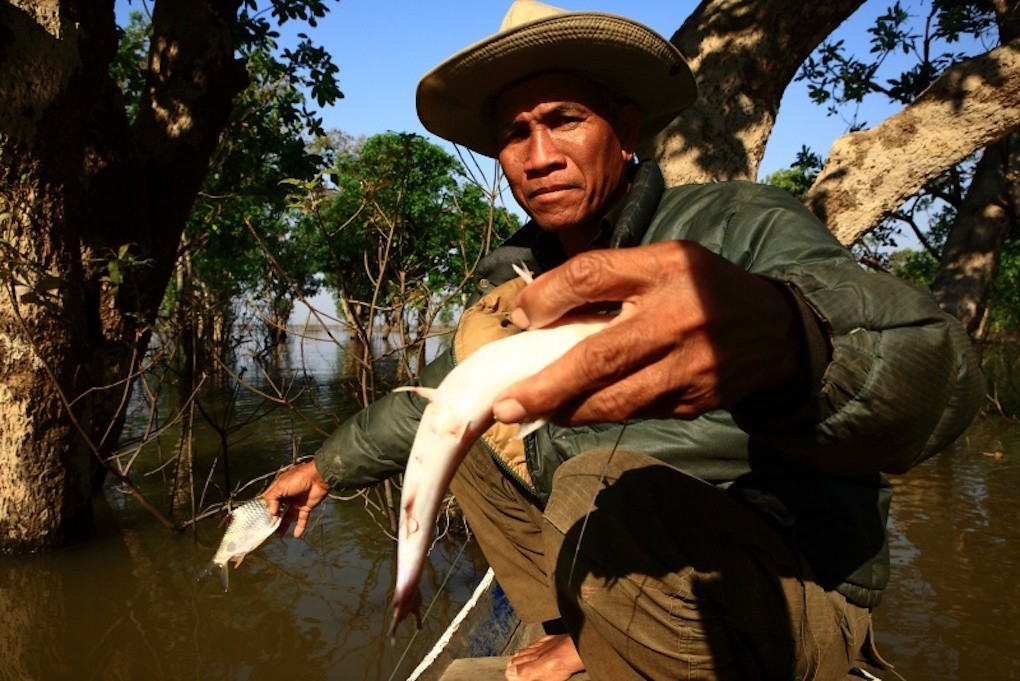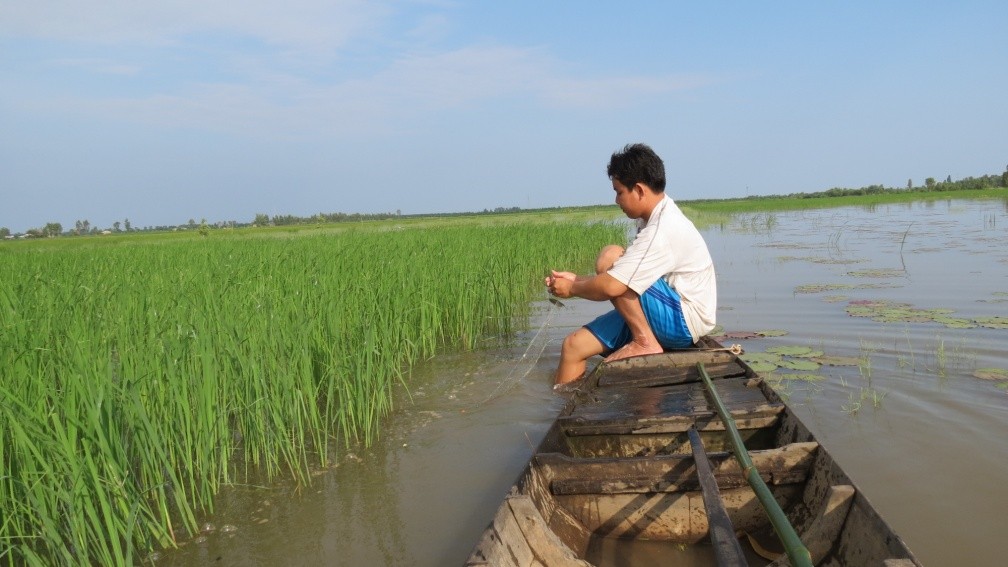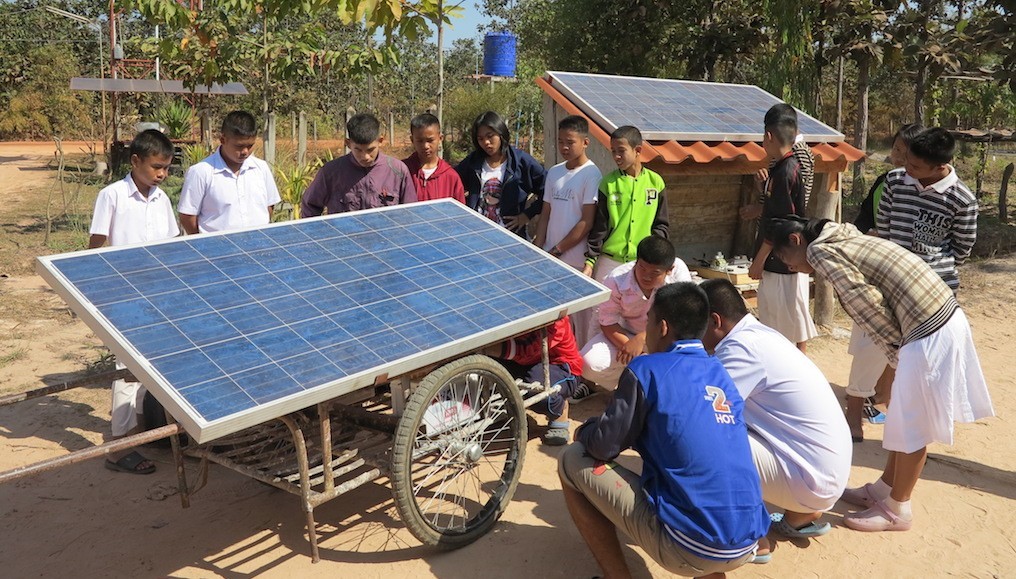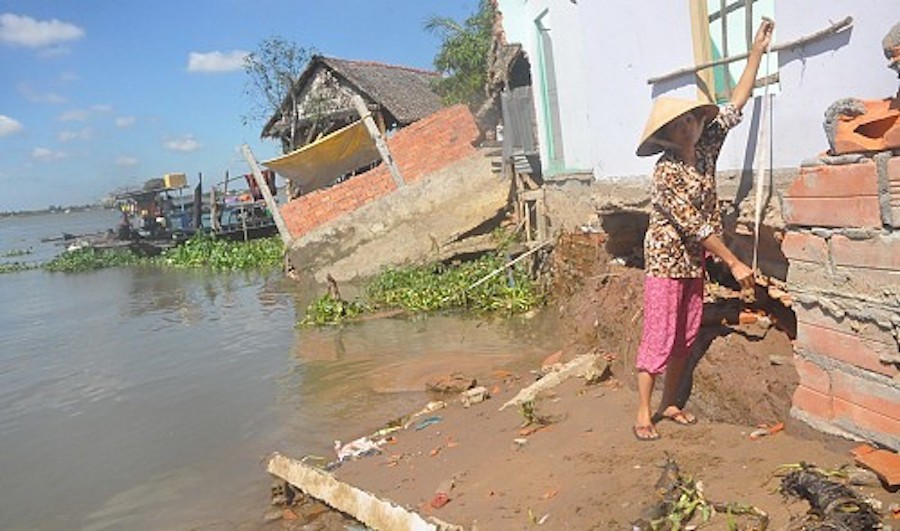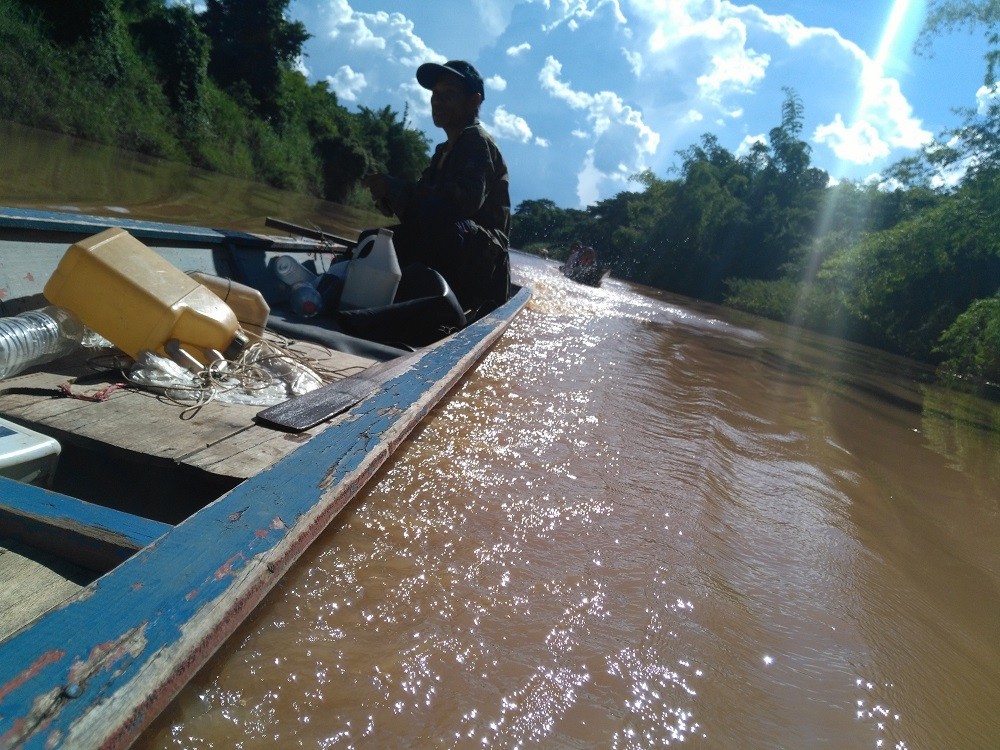A global moratorium commencing in 2017 on new fossil-fuel power plants without carbon-capture technology is an option. It would have to be accompanied by grants and cheap international loans to help countries that cancel fossil-fuel power plants to rapidly develop energy efficiency, solar and wind.
Category: Region
Selected environmental stories from media outlets in the Mekong region and beyond.
Egat insists on going ahead with Thepa plant
CONSTRUCTION of the Thepa coal-fired power plant is set to begin in the second quarter of next year, the Electricity Generating Authority of Thailand (Egat) said, even though many locals have refused to sell their land despite facing threats.
Egat has so far insisted that it will build the 2,200-megawatt power plant in Songkhla’s Thepa district, despite strong protests from local people. The Environment and Health Impact Assessment (EHIA) for both the plant and coal transport has also not been approved by the Natural Resources and Environmental Policy and Planning Office (ONEP).
River Network Objects To Hydropower Group
Concerned about a series of dams planned along the Salween River, the Save the Salween Network has raised objections to the formation of the Hydropower Developer’s Working Group (HDWG) in Burma by the International Finance Cooperation (IFC), claiming it will assist investors while sidestepping potential negative outcomes of the dams for thousands of ethnic minority groups.
The Salween River is one of the largest free flowing rivers in the world with many largely isolated groups living alongside it.
IFC and Private Sector Launch Working Group to Drive Change in Myanmar Hydropower Sector
IFC, a member of the World Bank Group, and the private sector launched the first working group for Myanmar’s hydropower sector. The Hydropower Developers’ Working Group (HDWG), first established in Lao PDR in late-2013, is the only platform exclusively for hydropower companies and industry-related professionals to influence policy and identify solutions to improve upon sustainability and business operations in Myanmar.
Over 100 stakeholders from Myanmar’s hydropower sector including companies, civil society organizations, financial institutions and government officials attended the working group’s first General Forum today in Yangon. The interim executive committee presented the working group’s agenda focusing on strengthening private sector relations with the government and highlighting the best practices and policies needed to develop projects sustainably. The committee comprises local and international hydropower companies and consultants operating in Myanmar.
Research: Impacts of Dams and Global Warming on Fish Biodiversity in the Indo-Burma Hotspot
Both hydropower dams and global warming pose threats to freshwater fish diversity. While the extent of global warming may be reduced by a shift towards energy generation by large dams in order to reduce fossil-fuel use, such dams profoundly modify riverine habitats. Furthermore, the threats posed by dams and global warming will interact: for example, dams constrain range adjustments by fishes that might compensate for warming temperatures. Evaluation of their combined or synergistic effects is thus essential for adequate assessment of the consequences of planned water-resource developments.
Flood crisis threatens to kill Vietnam’s rice bowl
The Mekong Delta makes up 55.5 percent of the country’s annual rice output. Shortage of floods has resulted in a hefty 50 percent decrease in sediment deposited in the Mekong Delta each year, causing Vietnam’s largest delta to face serious subsidence and likely disappearance in the future.
Myanmar green energy sector faces hurdles
Myanmar’s goal of achieving a 100 per cent electrification rate by 2030, with 20 per cent of energy from renewable sources, is achievable but several hurdles need to be tackled first, energy experts have said.
At the Myanmar Green Energy Summit 2016 last week, panellists agreed that hydroelectricity, plus wind and solar energy, were good choices given available resources.
Myanmar’s Suu Kyi assures China of solution to stalled dam
Myanmar leader Aung San Suu Kyi told China’s premier on Thursday that her new government is willing to look for a resolution that suits both countries to a suspended Chinese-funded hydropower project in northern Myanmar, a senior Chinese diplomat said.
Finding a solution to the US$3.6 billion Myitsone dam project is important for Suu Kyi who needs China’s cooperation in talks with Myanmar’s ethnic minority armed groups operating along northern borders with China.
Major rivers of Vietnam’s Mekong Delta become unusually deeper
Vietnamese scientists have warned of the unusual increase in the depth of two major rivers in the Mekong Delta, with sand mining and hydropower dams said to be the cause.
According to experts, instead of being accreted, the 250-kilometer long Tien (Front) River and 200-kilometer Hau (Back) River have become five to seven meters deeper since 2008.
The Mekong separates in Phnom Penh into the Tien River, the main northern branch, and the Hau River, the primary southern distributor, after entering Vietnam.
“Kong – Loei – Chi – Mun” Mega Project and Experts Concerns
Currently, the Mekong Delta provinces are facing saline water intrusion as a result of low water levels in the Mekong River. Cambodia and Lao PDR are also plan for similar water diversion projects. If the Kong-Loei-Chi-Mun and similar projects will be implemented in Cambodia and Lao PDR, the volume of flood water to Vietnam’s Mekong River Delta area will be significantly reduced. Furthermore, climate change and El Nino phenomenon will make the issue even more challenging.


